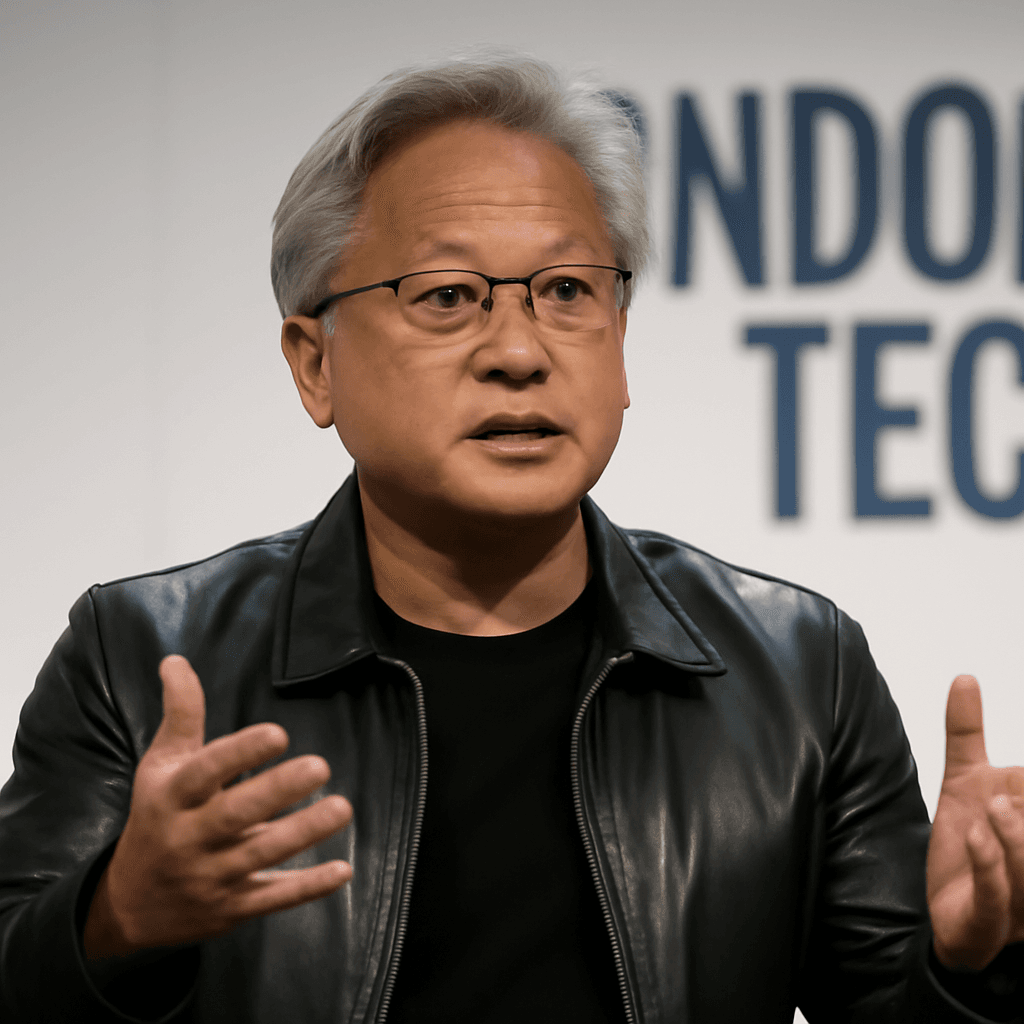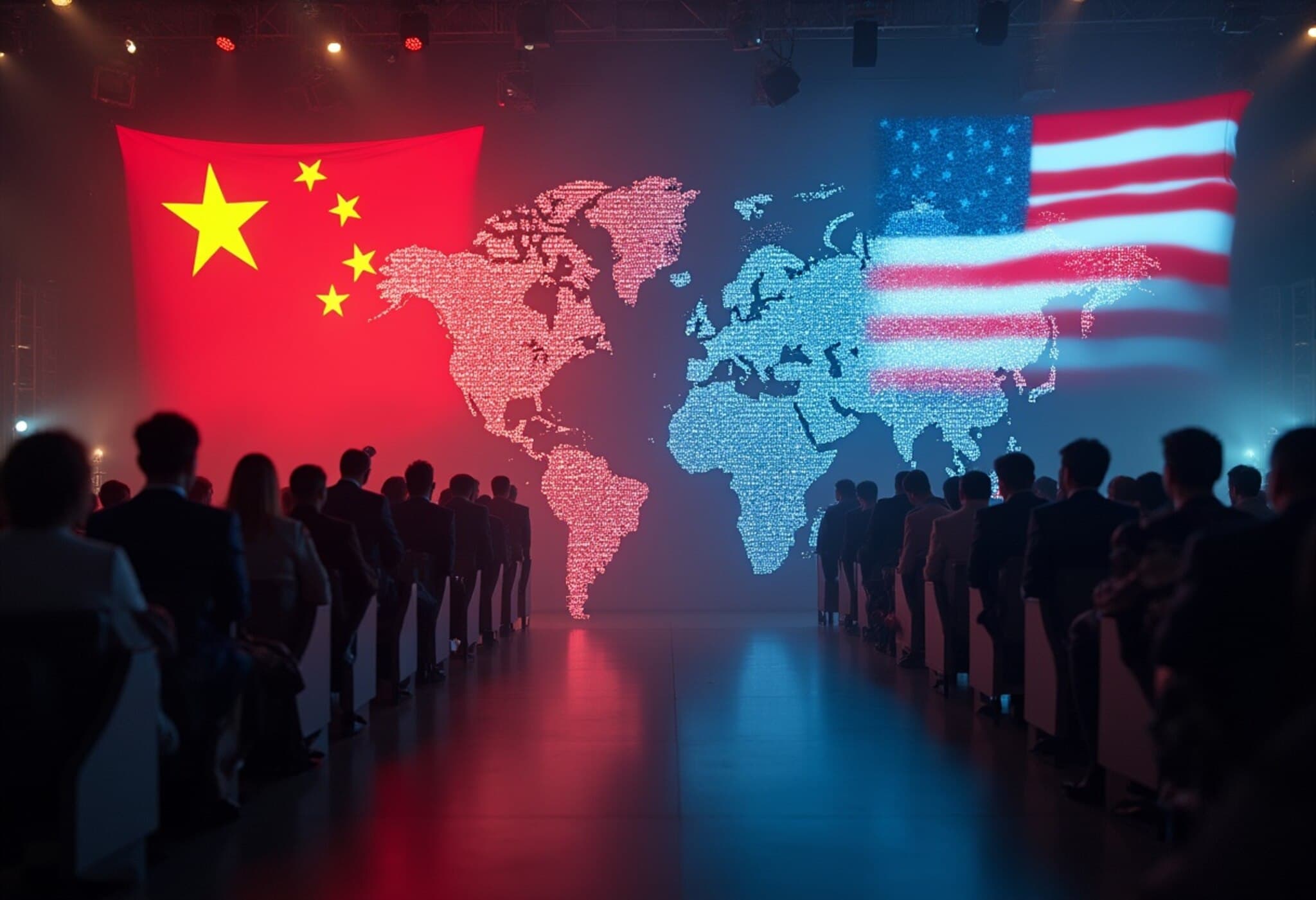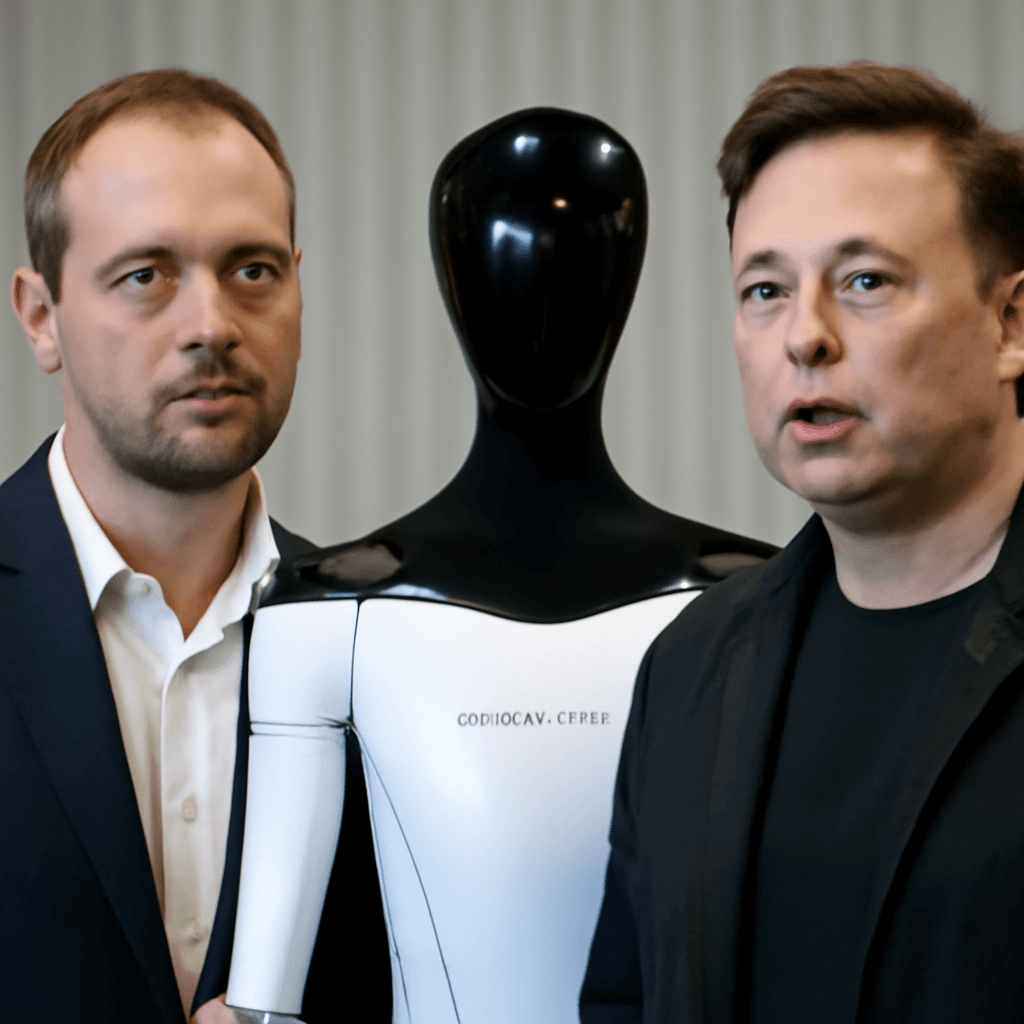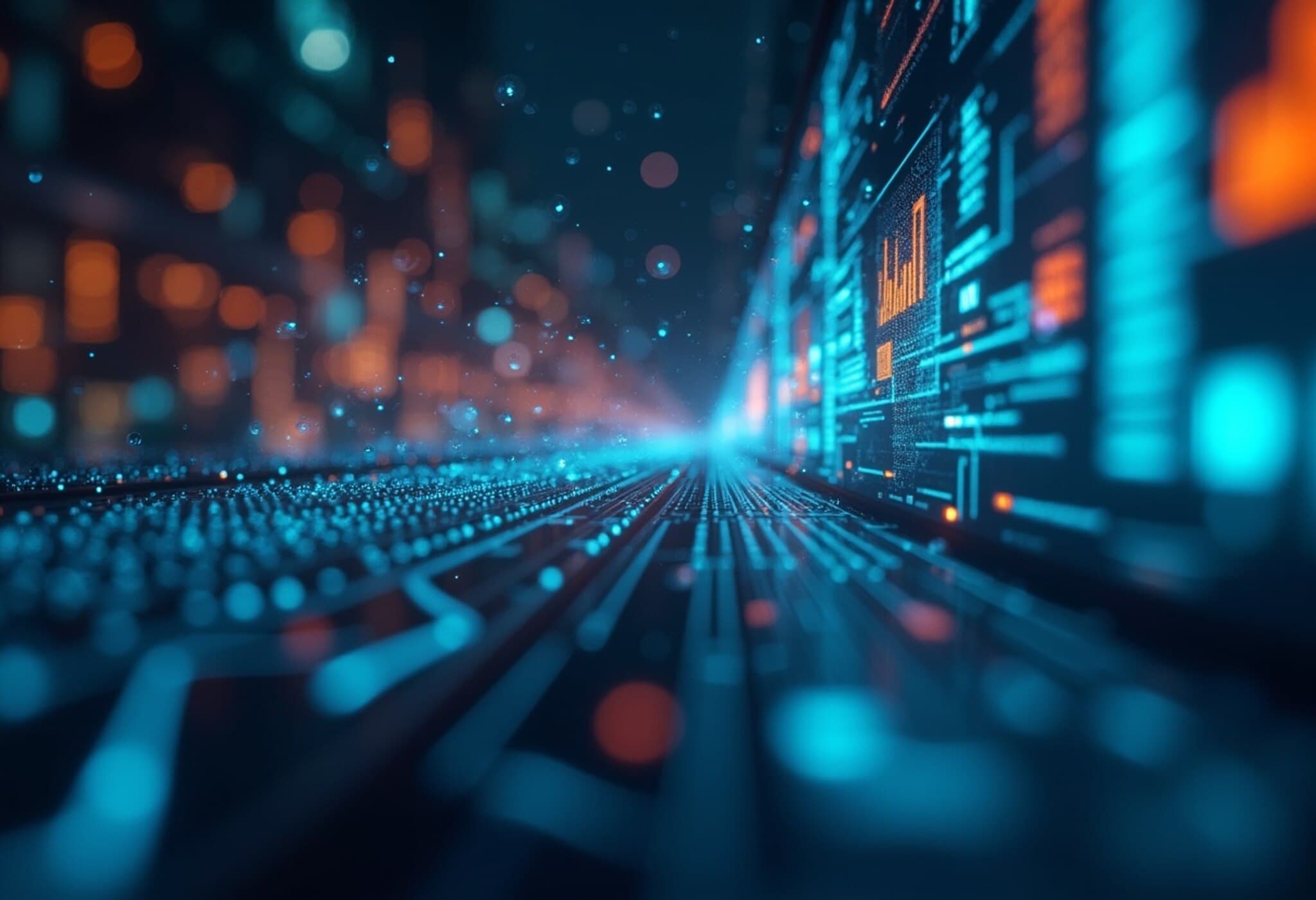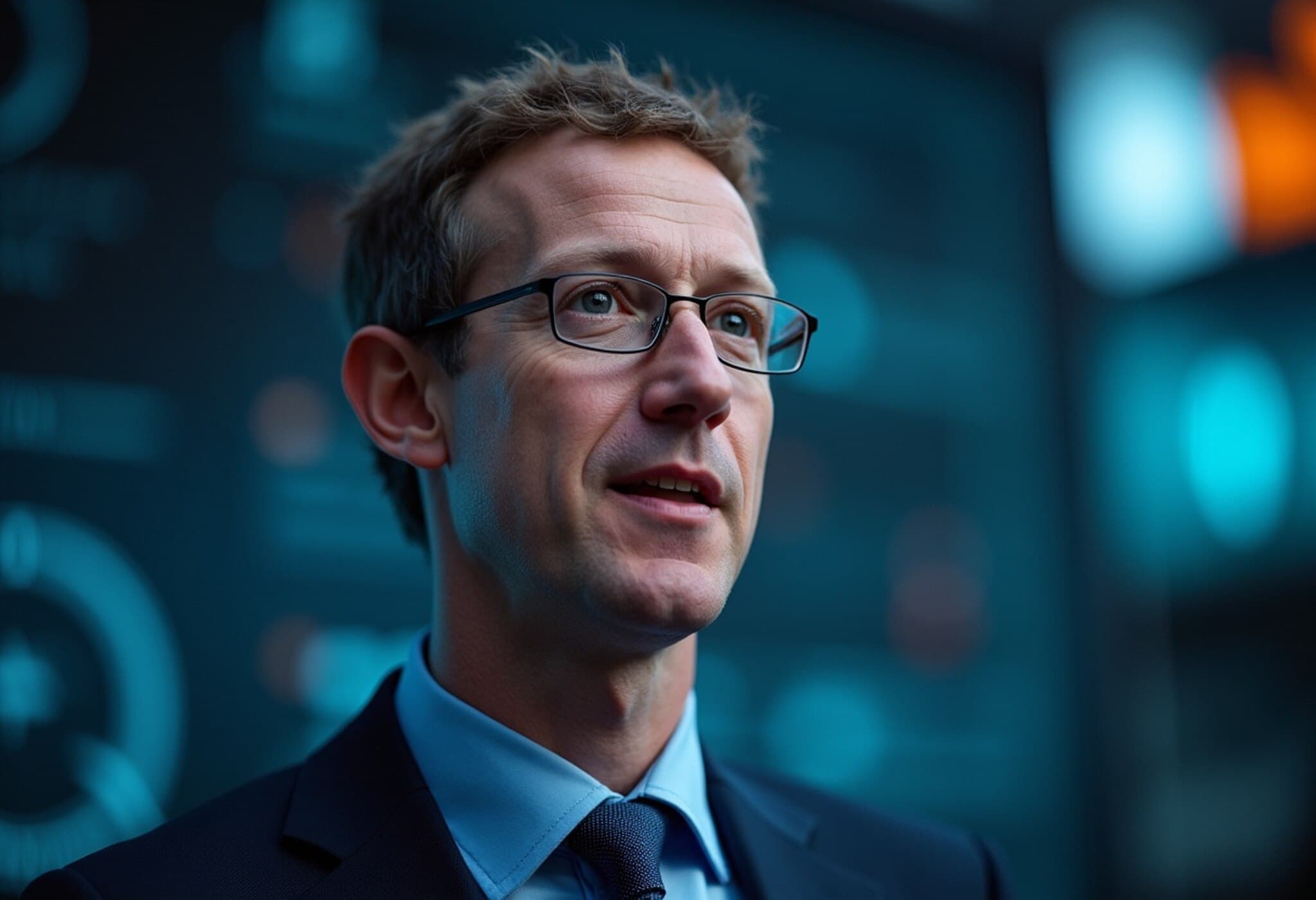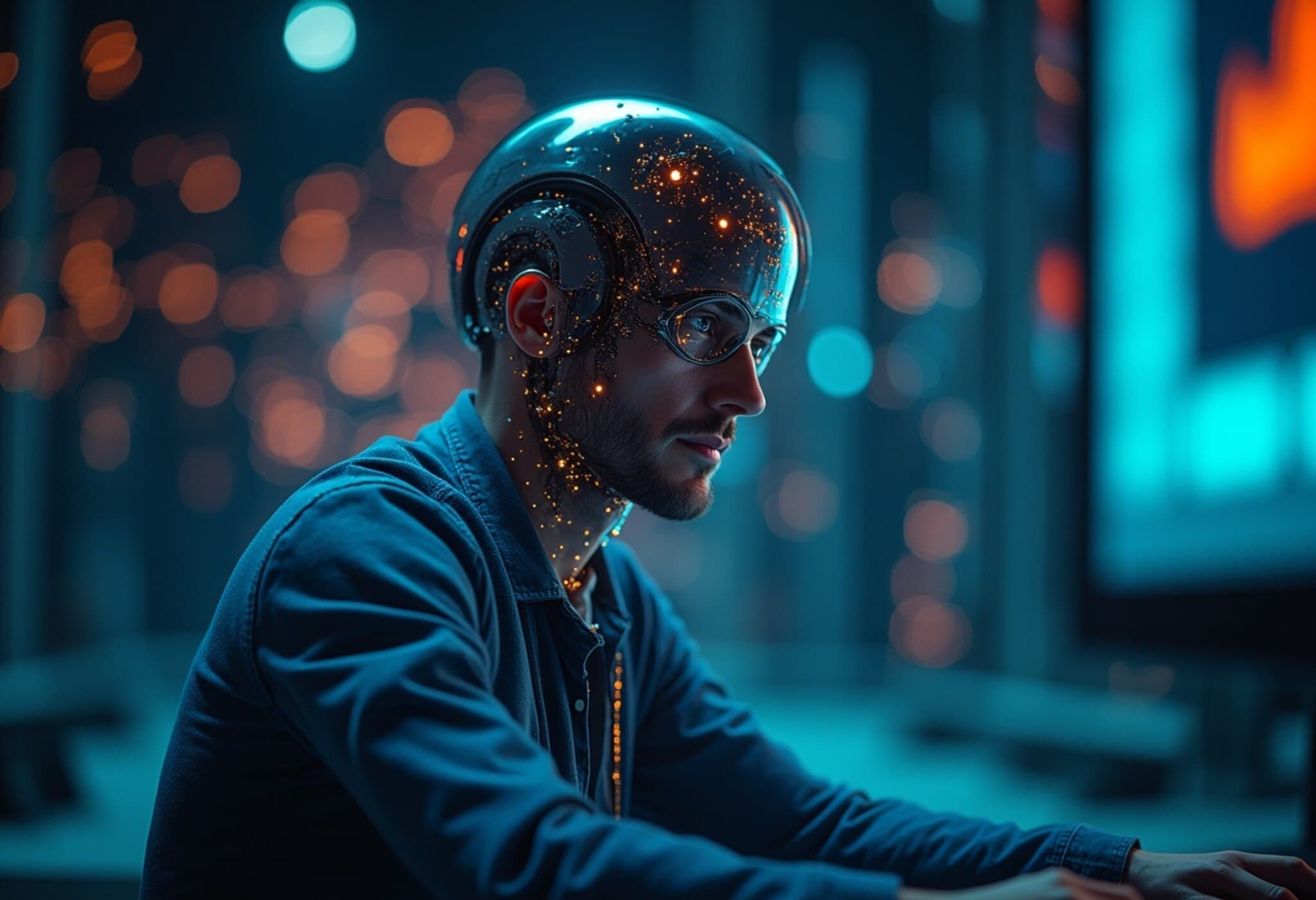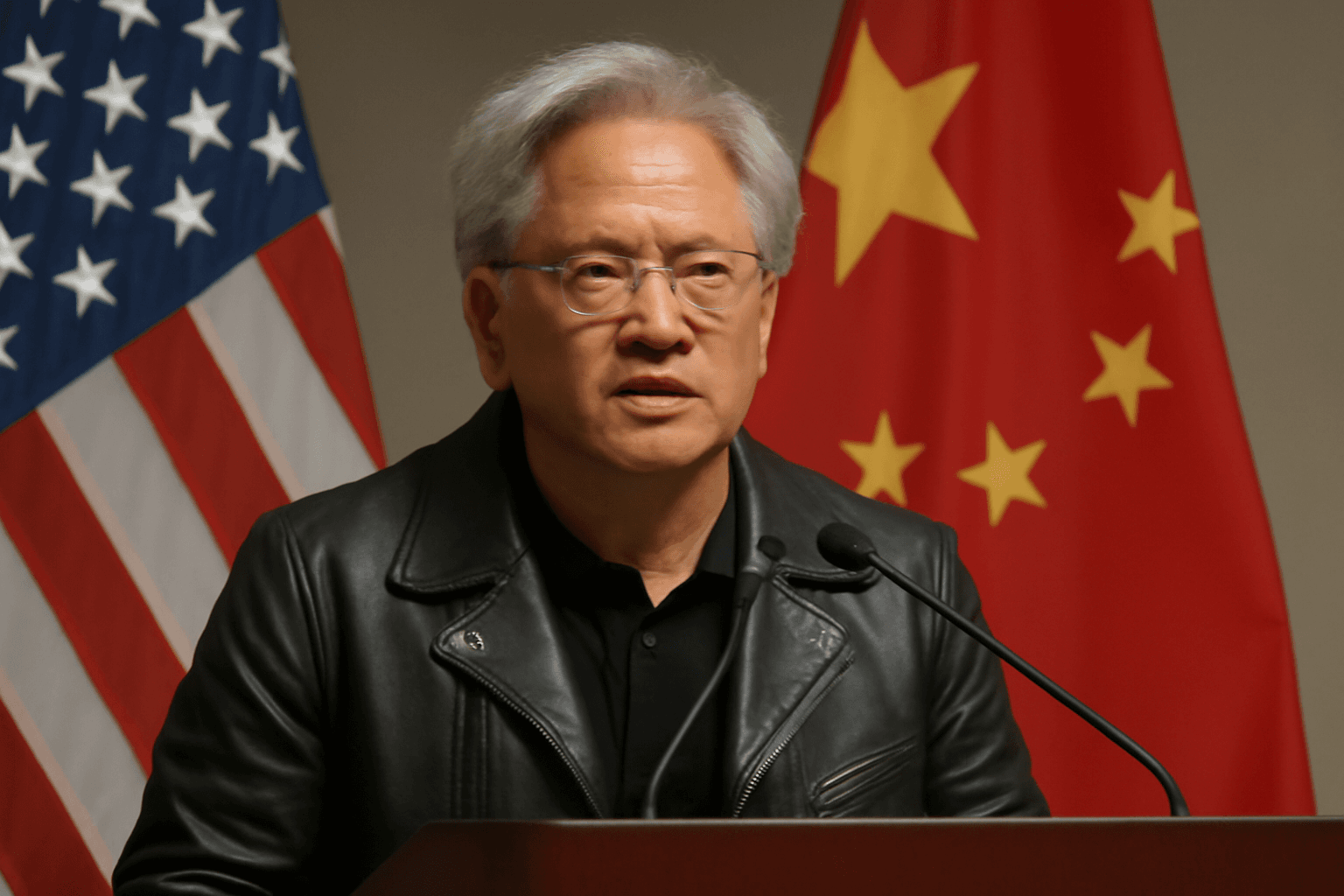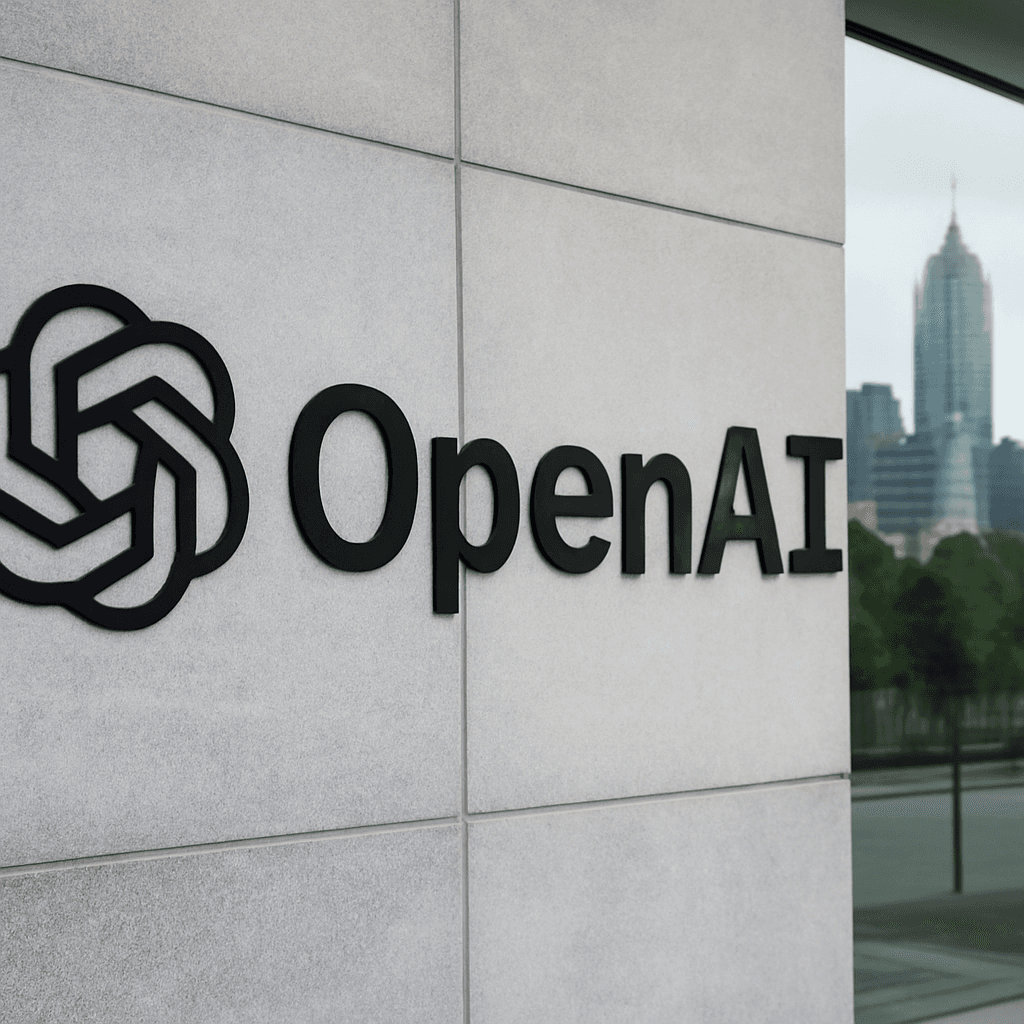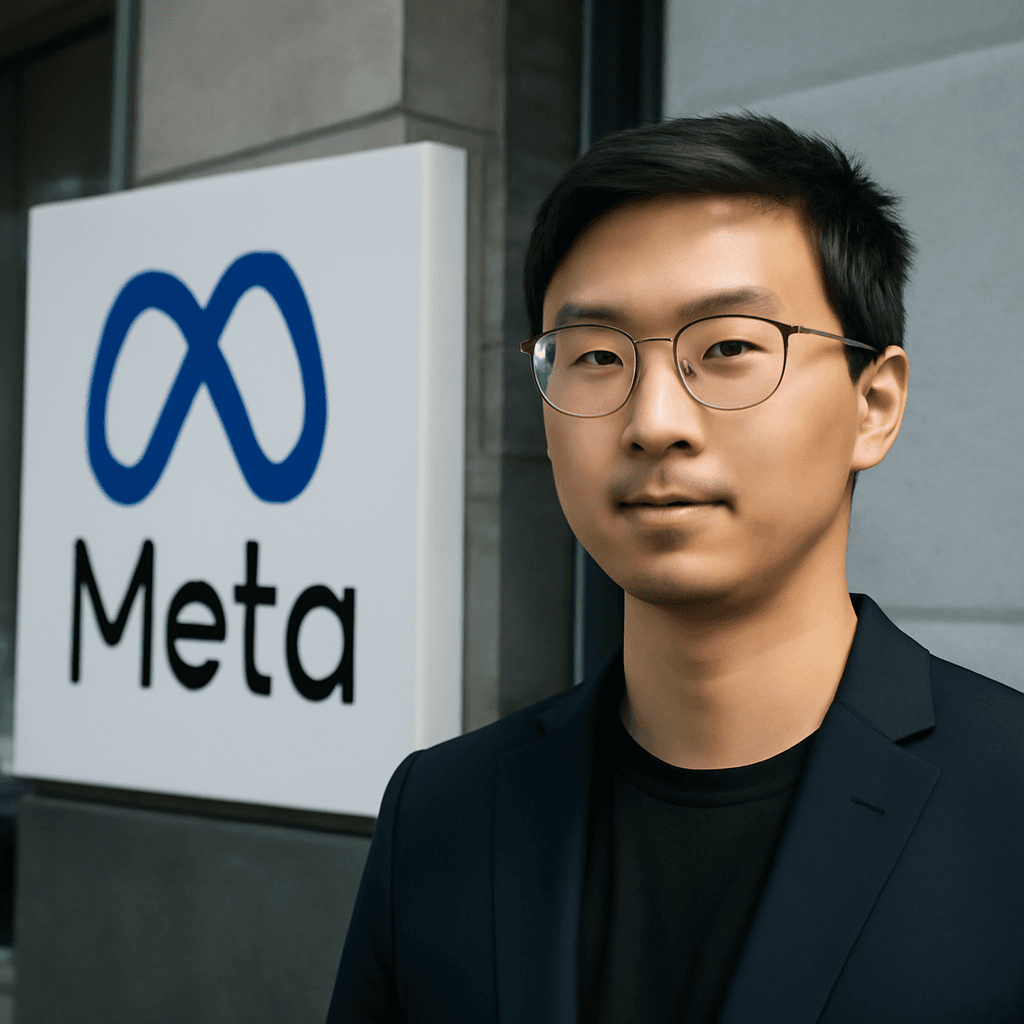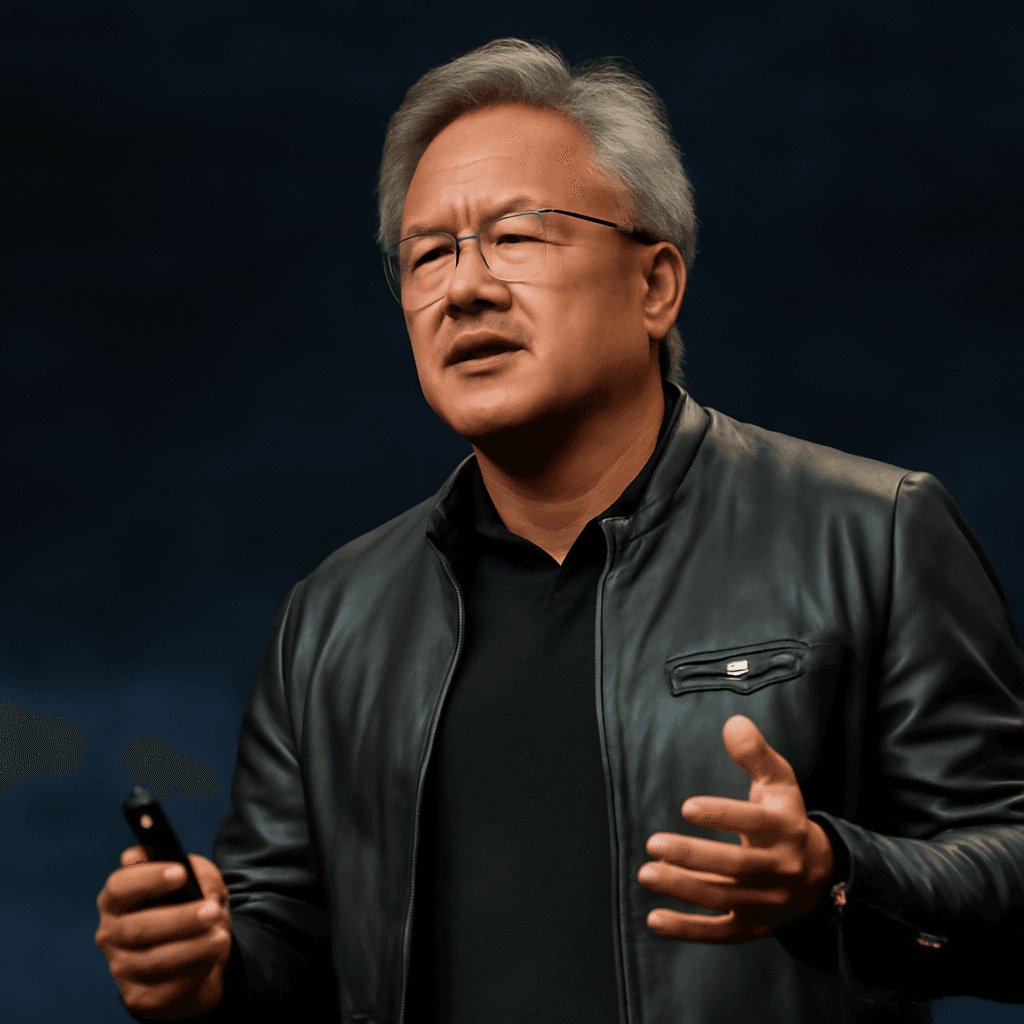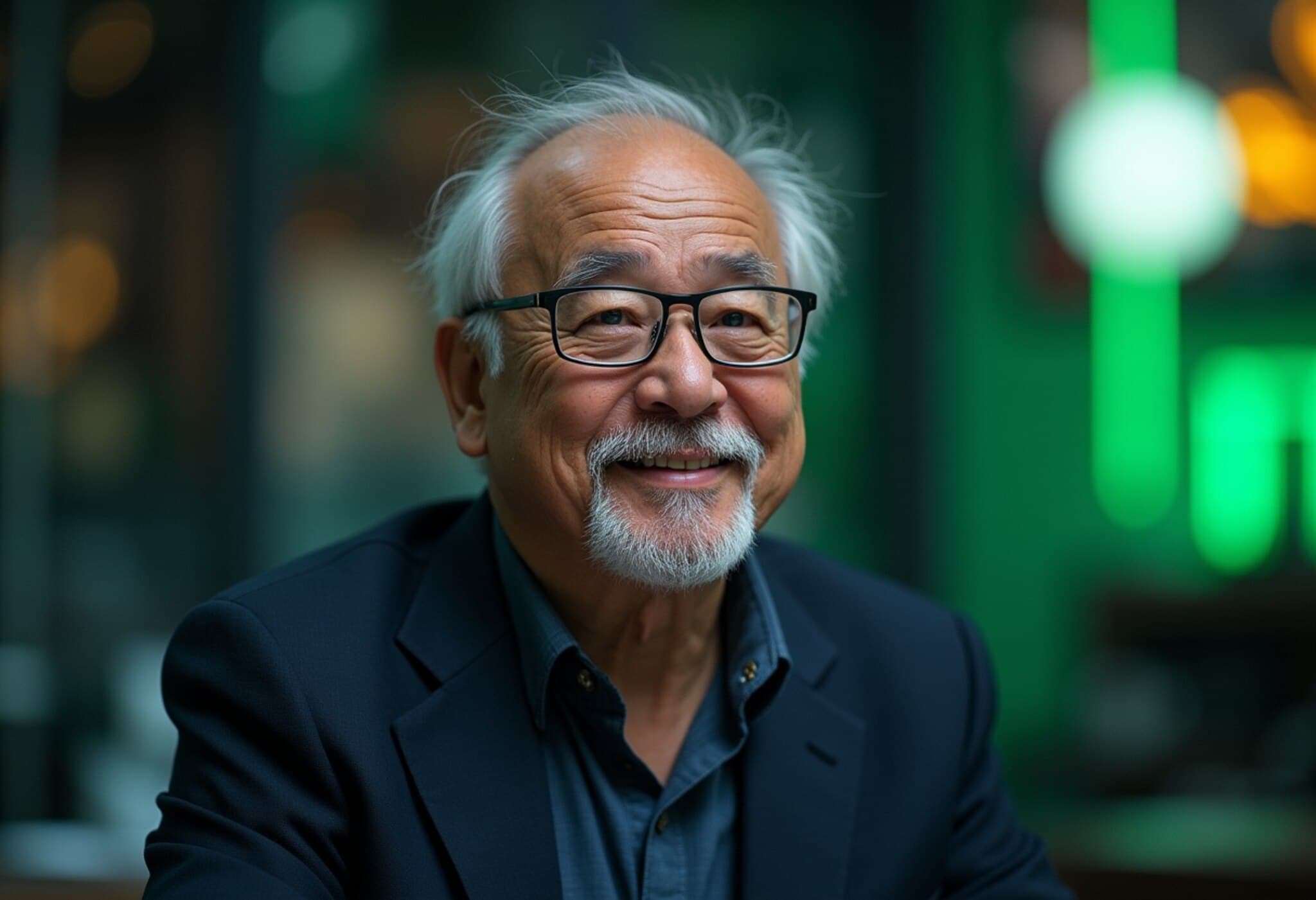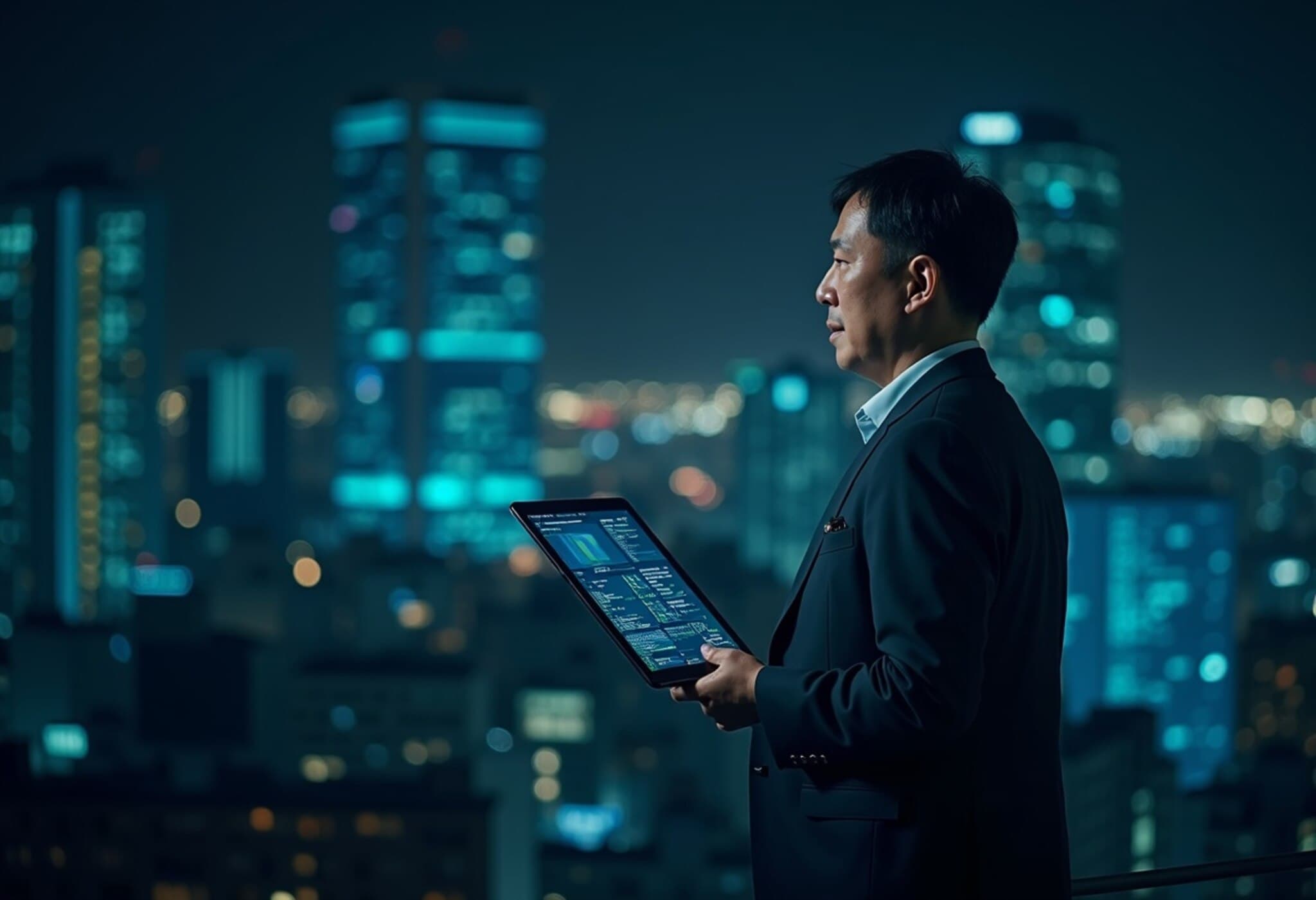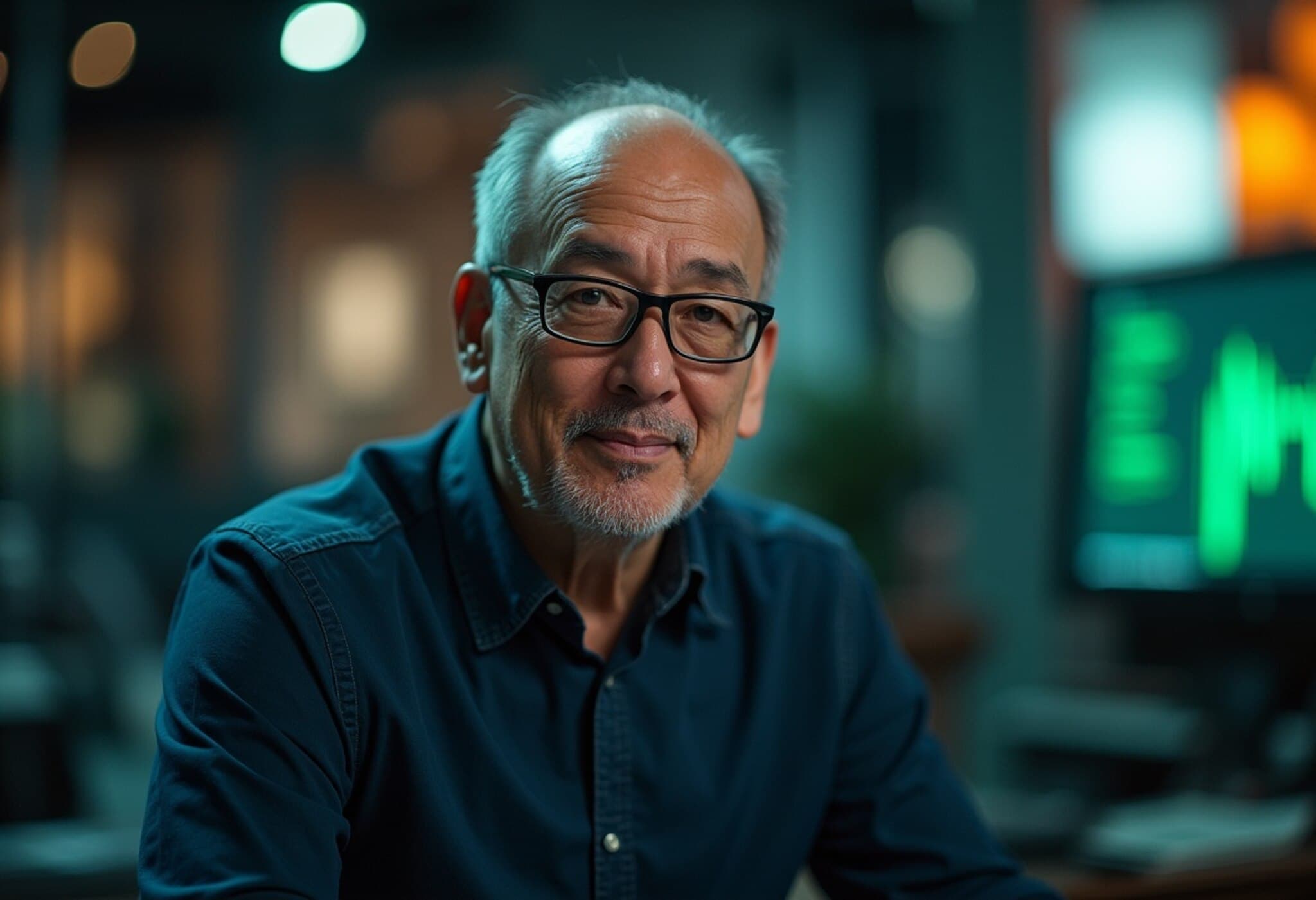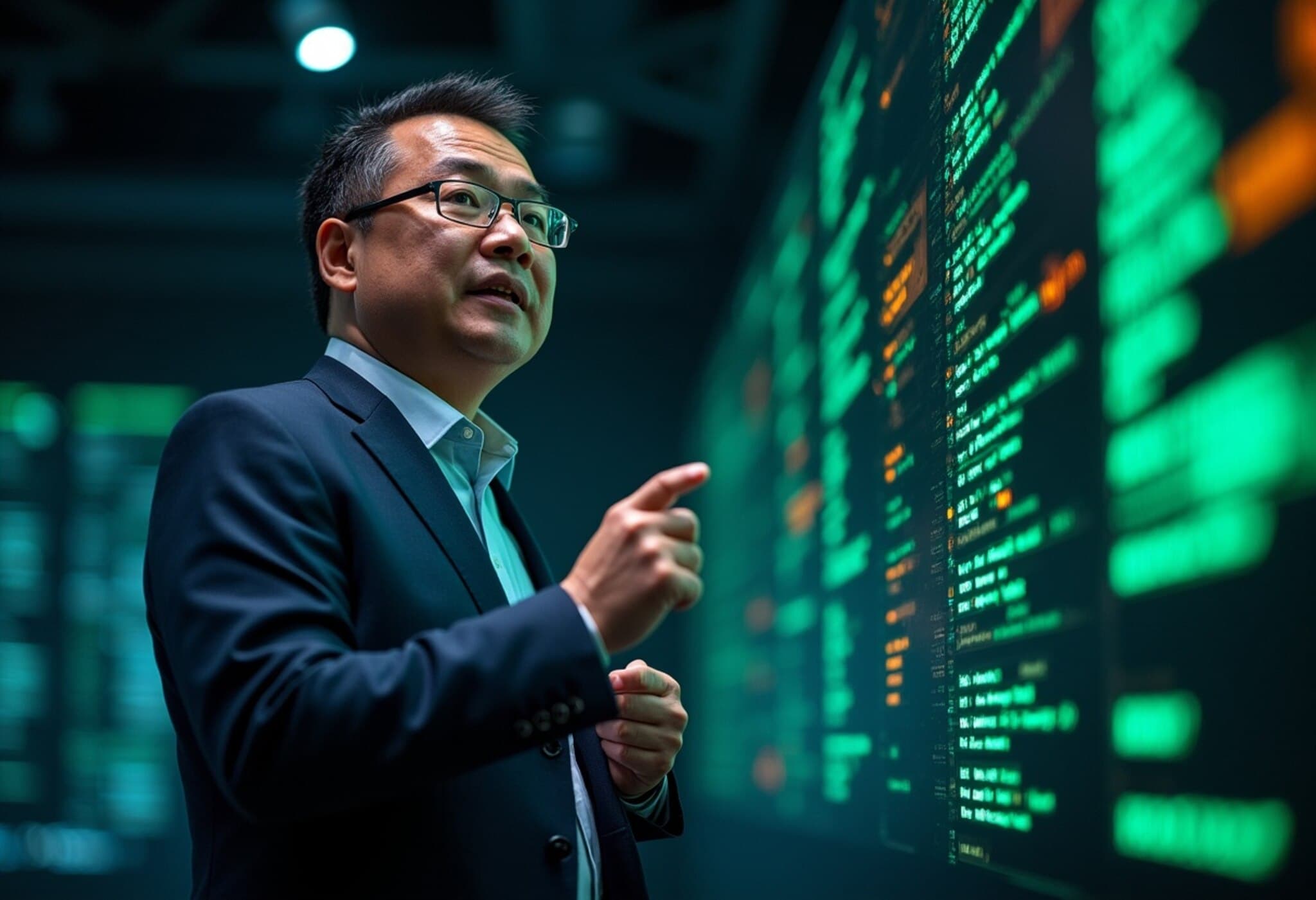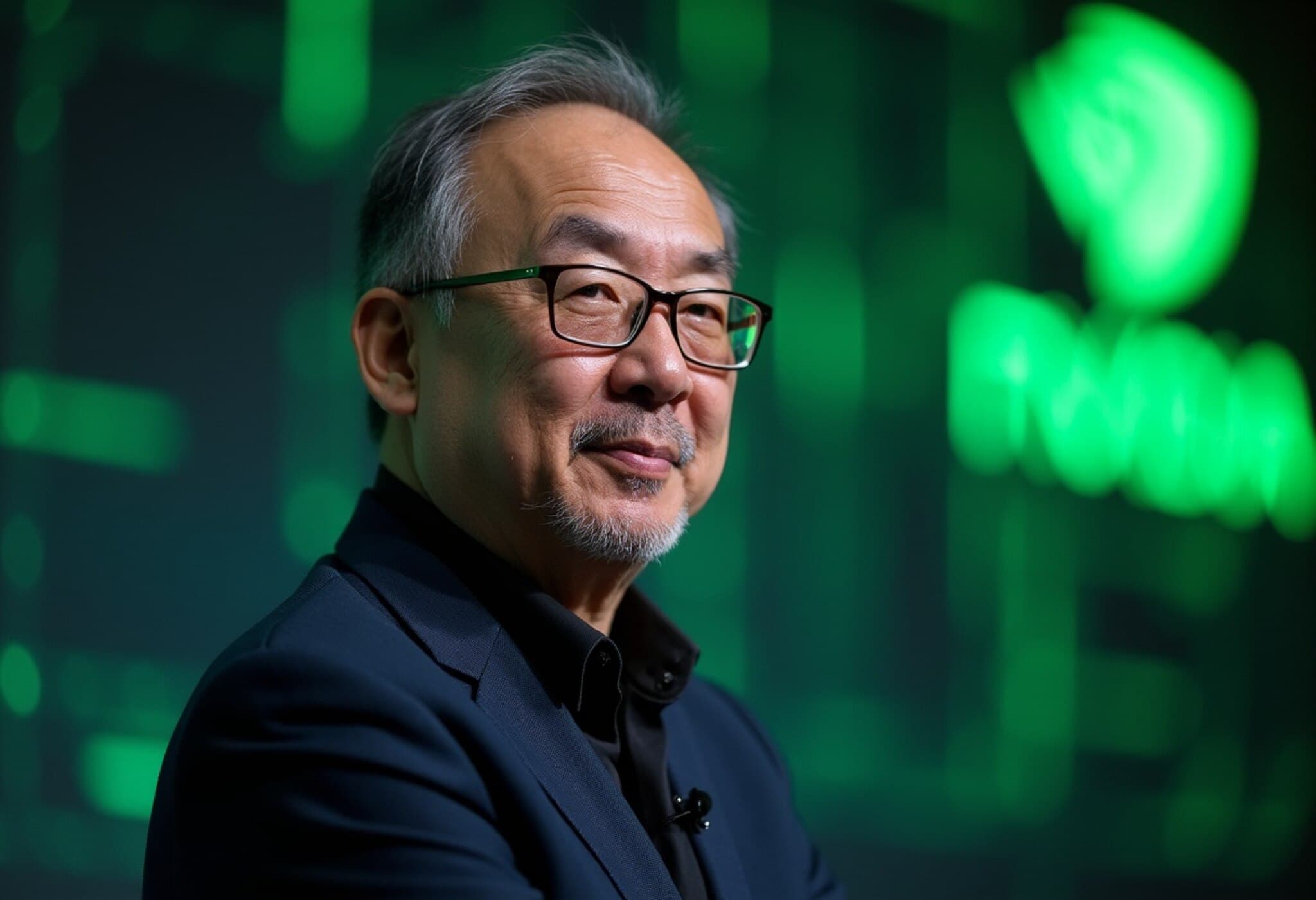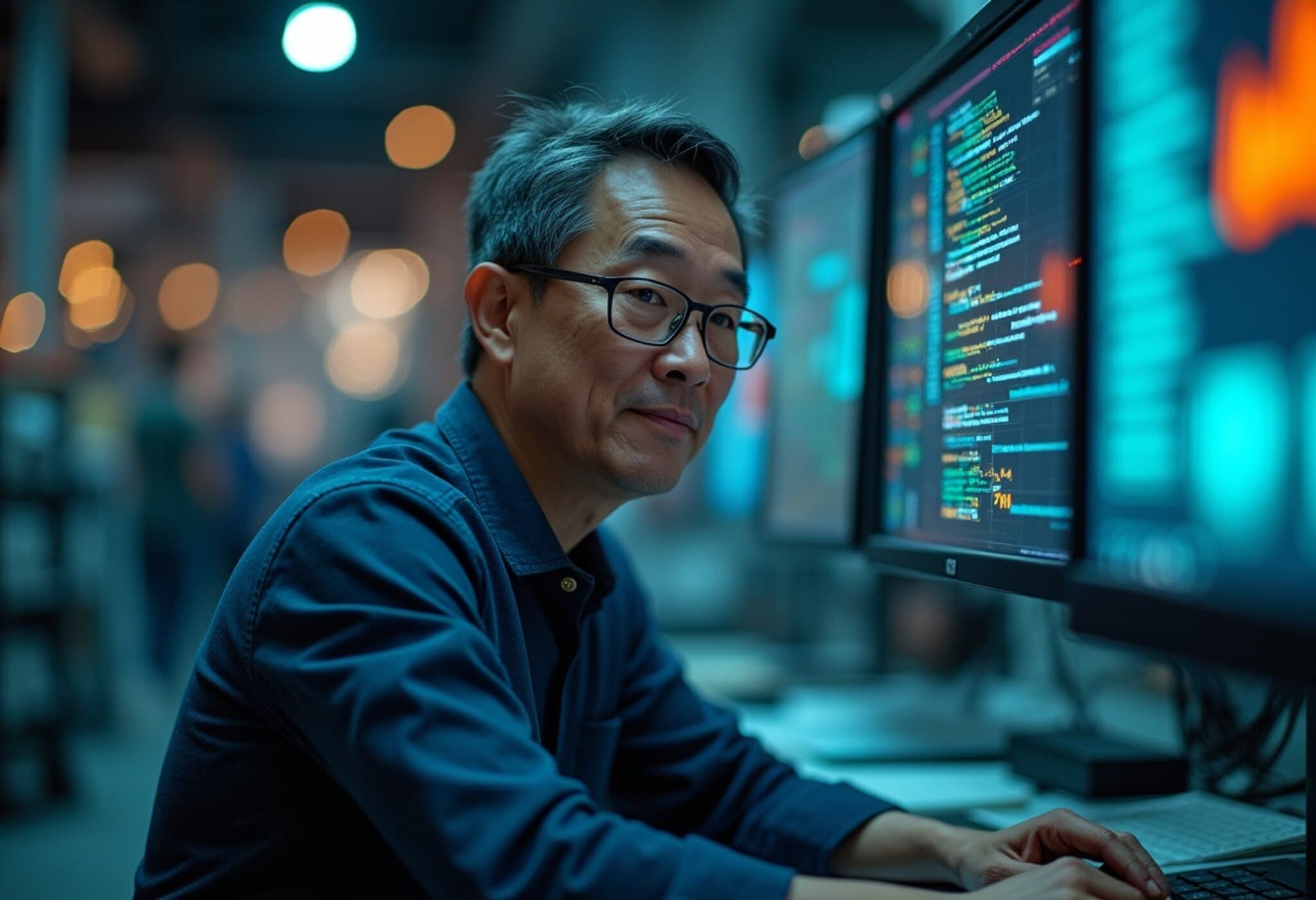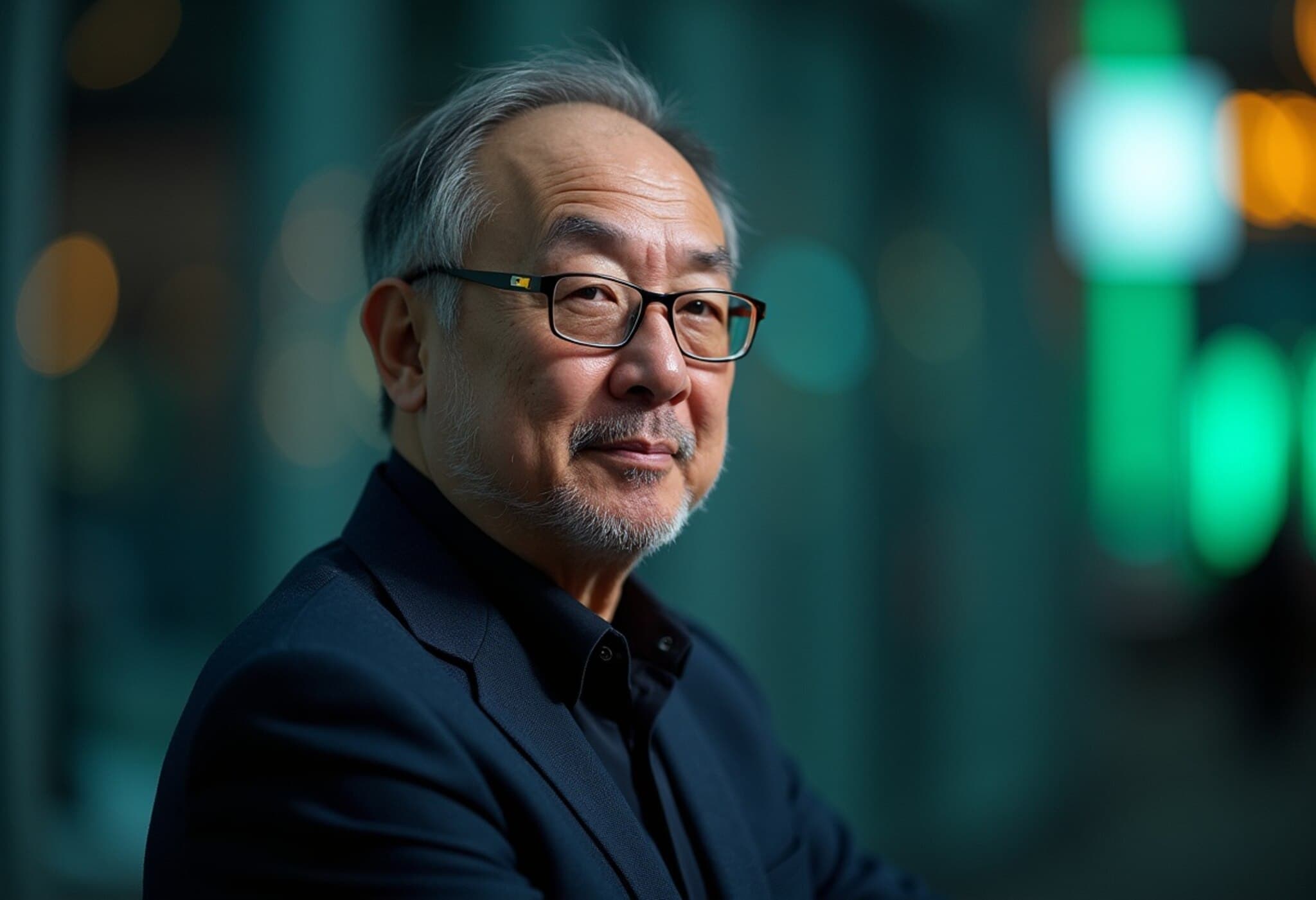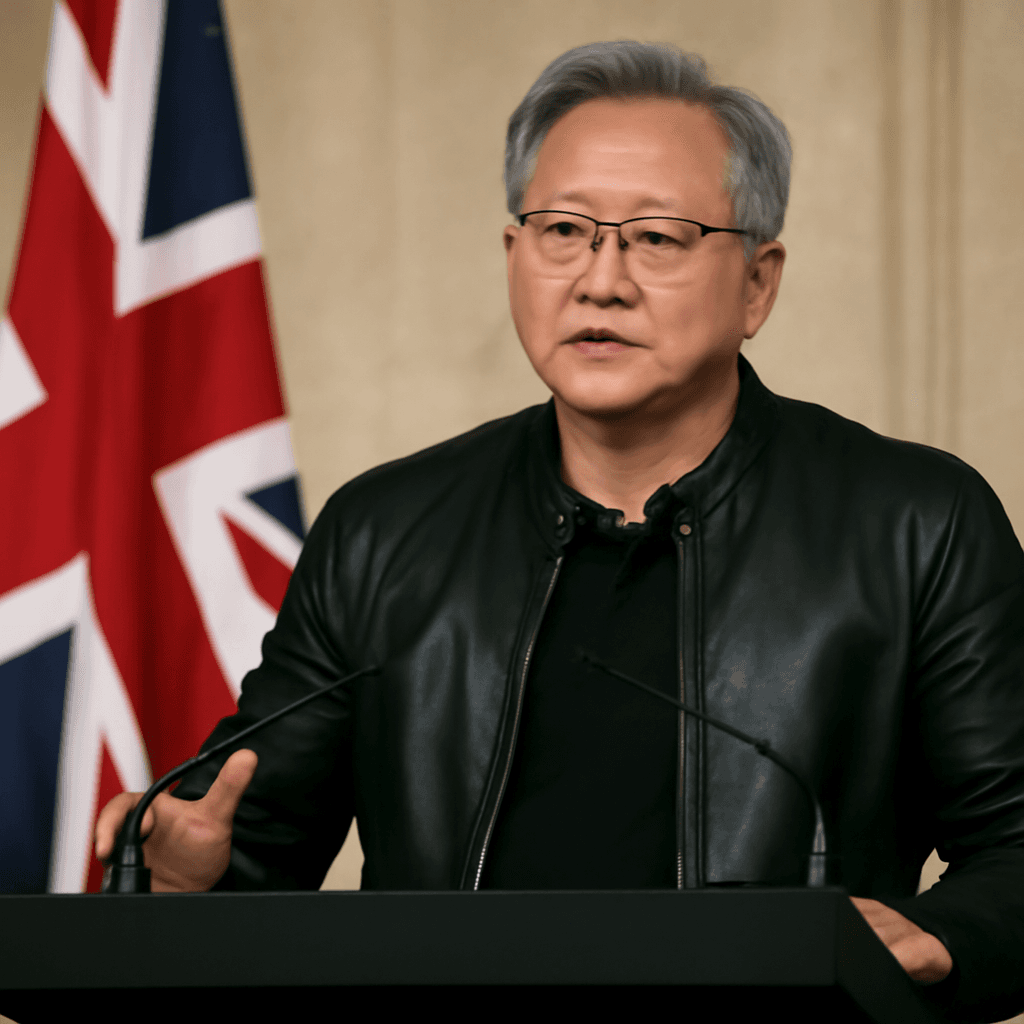AI Programming Simplified: Nvidia CEO's Insight at London Tech Week
At London Tech Week, Nvidia's CEO Jensen Huang painted a compelling picture of how artificial intelligence has revolutionized the way we interact with computers. He described AI as the ultimate "great equalizer," making programming accessible to almost anyone by using natural human language rather than complex coding languages.
From Coding Complexity to Conversational Ease
Huang reminisced about the days when programming demanded mastering arcane languages like C++ or Python and the intricate architecture of computer design. Today, he explained, a new programming language has emerged — one that everyone inherently understands: human language.
"Programming a computer now is as simple as asking it politely to perform a task," Huang stated. From generating images to writing poems, AI-powered systems respond conversationally, bridging the gap between human thought and machine execution.
AI That Thinks Like a Person
Offering a vivid example, Huang shared how one could request an AI to compose a poem describing the keynote at the event. The AI not only generates impressive verses but also engages in iterative refinement when prompted with feedback like, "I feel like you could do even better." This dynamic conversation mimics the way humans collaborate and improves output quality in real-time.
Mass Adoption and Workforce Transformation
Since the dramatic rise of conversational AI models such as ChatGPT and Gemini, millions have embraced AI assistants that communicate intuitively. OpenAI recently reported over 3 million paying business users, underscoring the technology’s growing integration into daily workflows.
Huang emphasized that this new AI interface not only democratizes programming but also enhances worker productivity. Rather than fearing job displacement, he encourages employees to harness AI tools to become more valuable contributors. "Children are already naturally engaging with AI this way," he noted, predicting that such transformation will be profound and widespread.
Embracing the Future of Human-AI Interaction
In closing, Huang urged everyone to embrace this shift: "Almost anybody can engage with computers through this new form of programming. It’s an exciting era where the barriers between people and machines dissolve with just a simple conversation." With AI evolving into a collaborative teammate, the future of technology and work looks more accessible than ever.
For those navigating the AI revolution, understanding this human-centric approach to programming could unlock new opportunities and redefine how we create and innovate.

